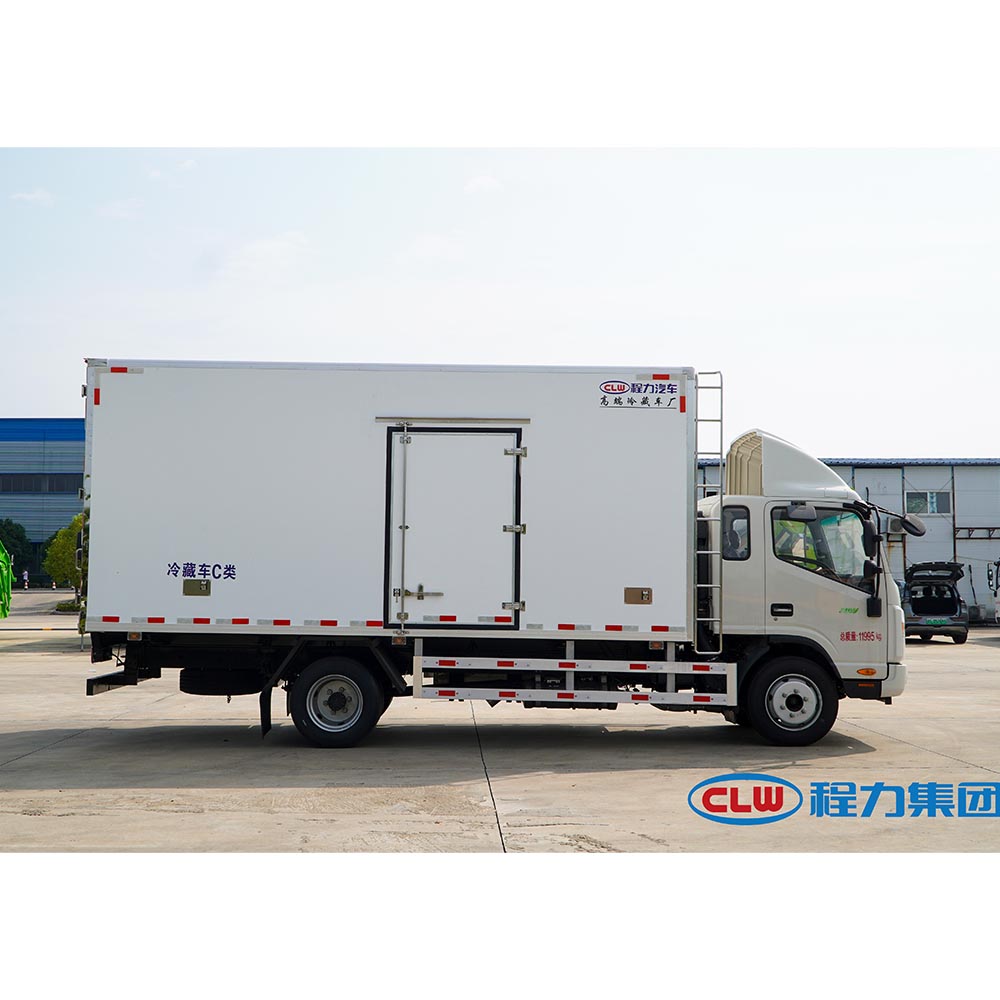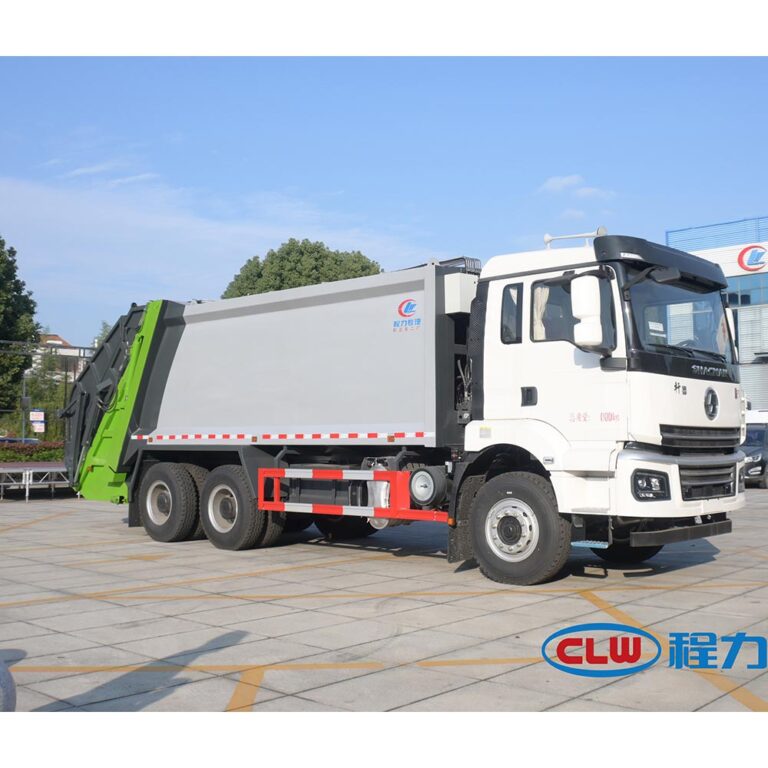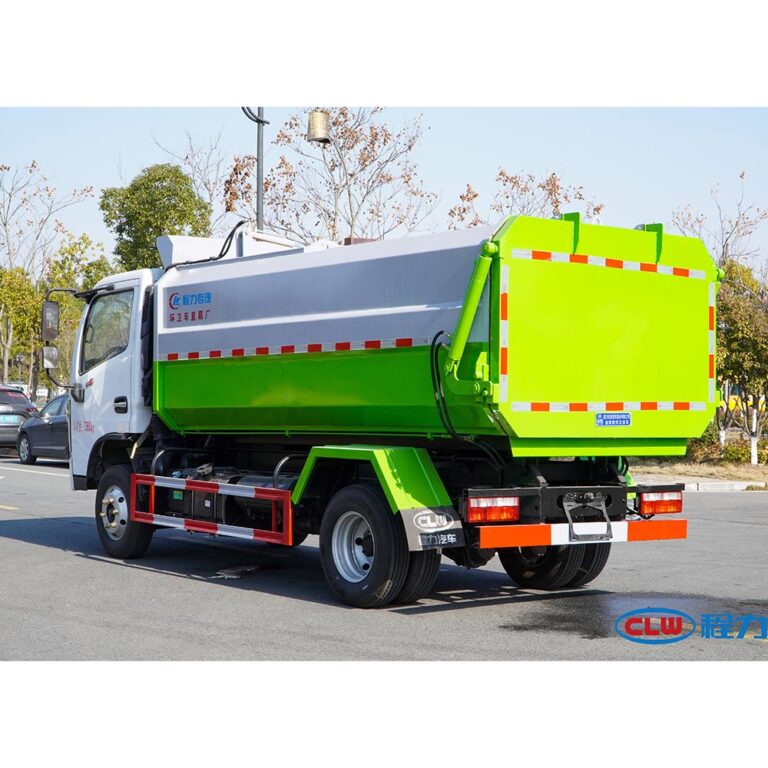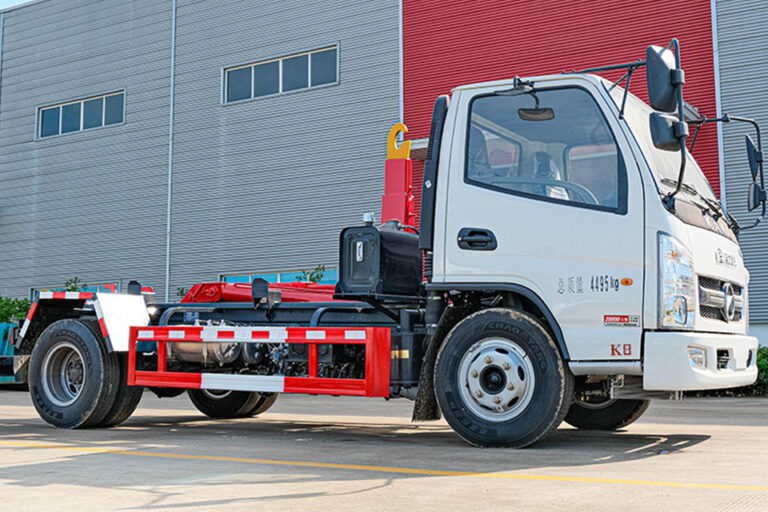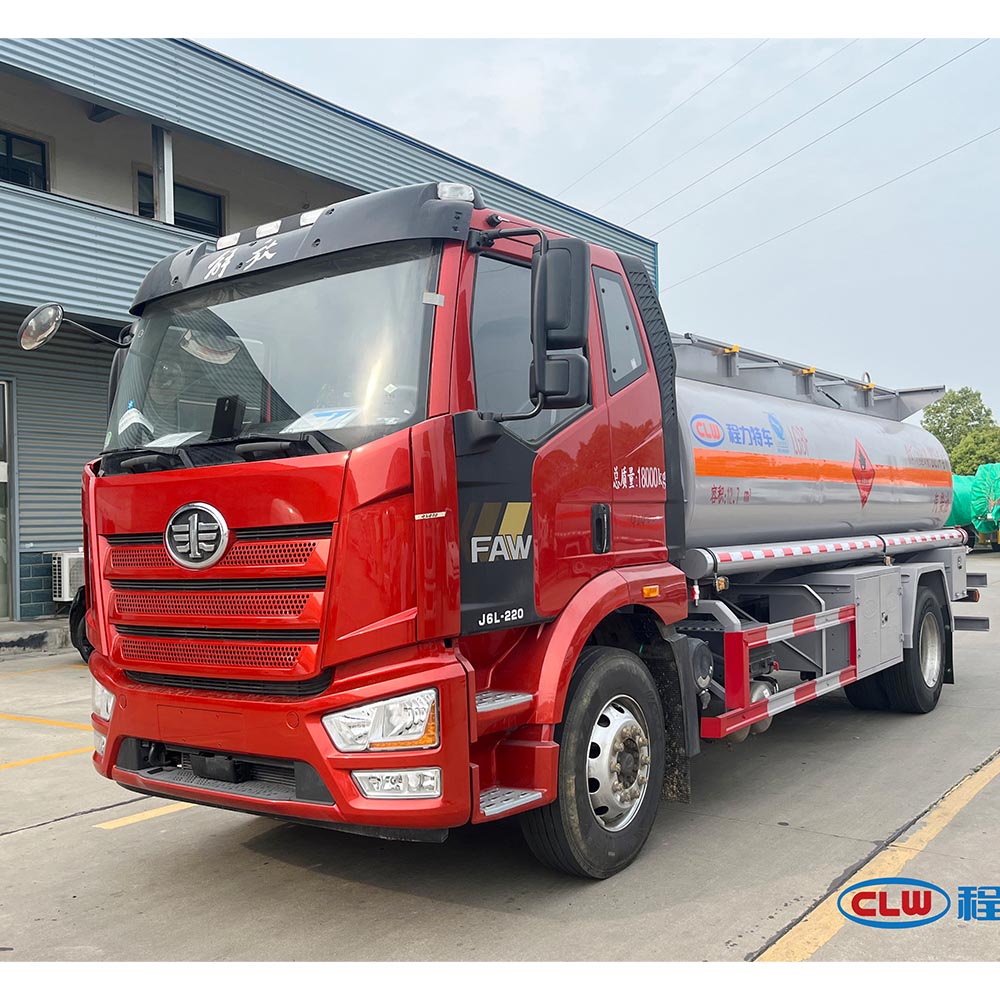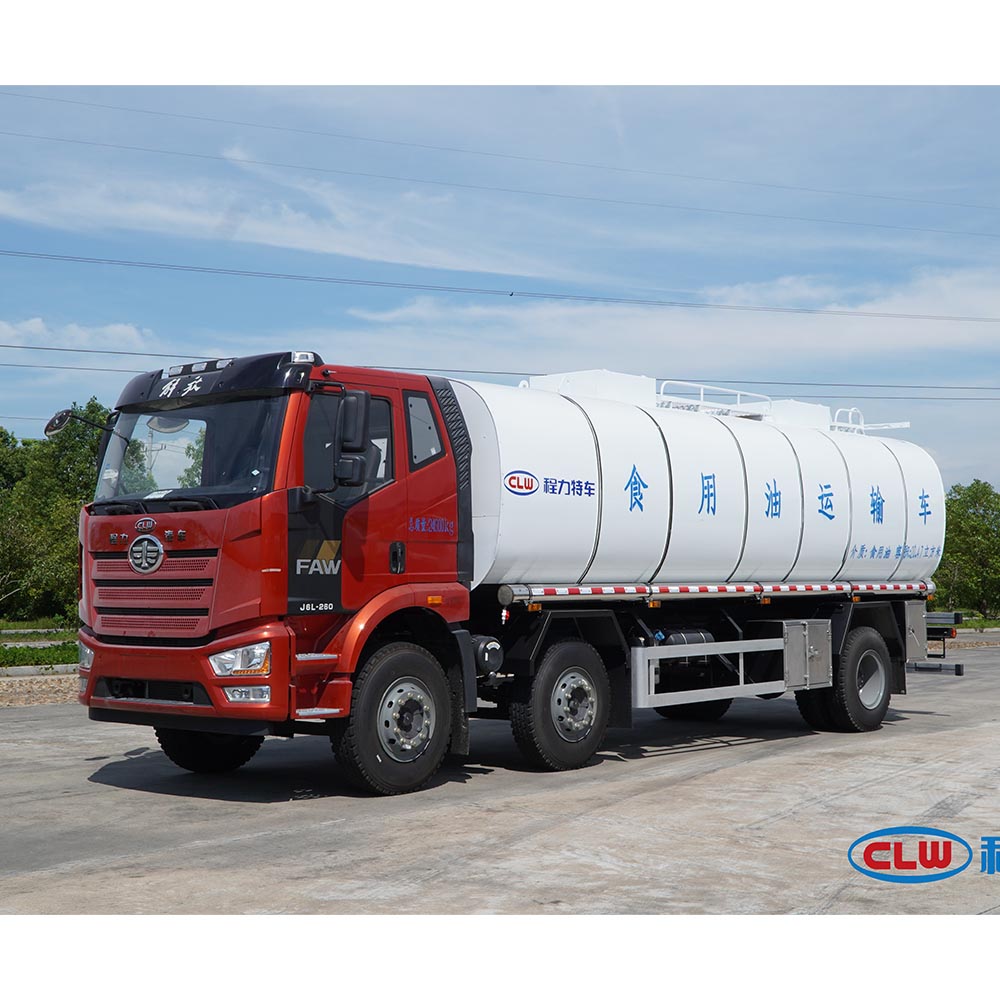-
Автомобильный промышленный парк Чэнли
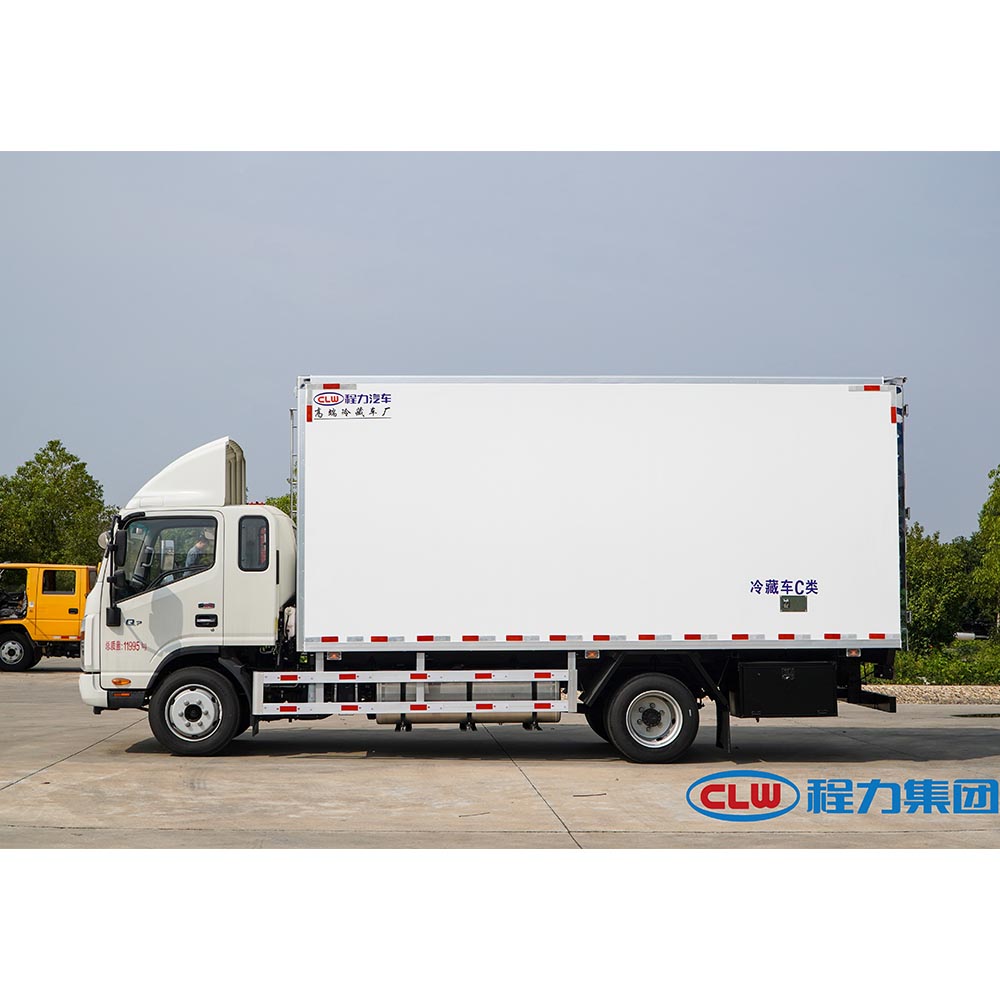
Рефрижераторы и морозильники
Оценка доставки грузов в морозильных камерах или рефрижераторах: Исчерпывающее руководство для грузов, чувствительных к температуре
В этой статье представлен подробный обзор услуг рефрижераторных грузовиков, в частности, морозильных и рефрижераторных. Она призвана помочь предприятиям понять важнейшие аспекты перевозок с контролем температуры и принять обоснованные решения при выборе службы доставки. Если вы работаете в пищевой промышленности, фармацевтике или любом другом секторе, связанном со скоропортящимися товарами, эта статья предложит вам ценные идеи по сохранению целостности продукции на протяжении всего пути. цепочка поставок. Вы найдете это чтение чрезвычайно полезным, поскольку оно посвящено техническим аспектам, преимуществам и соображениям, связанным с использованием рефрижератор и морозильные погрузчики для вашего доставка потребности.
Оглавление
В чем разница между грузовиками-рефрижераторами и грузовиками-морозильниками?
Рефрижераторные грузовики и морозильные погрузчики оба необходимы для транспортировка Термочувствительные товары, но они отвечают разным потребностям. A авторефрижератор предназначен для сохранения продуктов холодными, но не замороженными, обычно поддерживая температуру в диапазоне от 33 до 39°F (от 0 до 4°C). Эти грузовики идеальны для транспортировка свежие продукты, молочные продукты и другие скоропортящиеся товары, которые должны быть сохранял спокойствие но не замороженные.
С другой стороны, морозильные погрузчики поддерживают гораздо более низкие температуры, обычно около 0°F (-18°C) или ниже. Эти грузовики это разработанный грузовик на транспорт замороженные товары например, мороженое, замороженные продукты, и некоторые фармацевтика продукты. Морозильная камера или доставка рефрижераторами Услуги обеспечивают сохранение этих предметов в замороженном состоянии на протяжении отправка, предотвращая порча и поддерживать качество продукции. Понимание разница между холодильником и морозильником Возможности имеют решающее значение для выбора подходящего грузовик для ваших конкретных нужд. Как авторефрижератор На заводе-изготовителе мы гарантируем, что каждый грузовик соответствует самым высоким стандартам для контроль температуры и надежности.
Как грузовики-рефрижераторы поддерживают нужную температуру?
Рефрижераторные грузовики использовать сложные системы охлаждения поддерживать желаемая температура. Основным компонентом является холодильный агрегат, который включает в себя компрессорКонденсатор и испаритель. Эта система работает аналогично бытовому холодильнику, но обладает большей прочностью, чтобы выдерживать требования транспорт. Устройства, приводимые в движение автомобилем, работают прямо с грузовик Двигатель, в то время как другие работают самостоятельно.
Обслуживание грузовых автомобилей сайт правильная температура благодаря сочетанию изоляция и постоянный воздушный поток. Высококачественный изоляция материалы в пределах ван или грузовик Стенки препятствуют теплообмену, обеспечивая сохранение внутри помещения удельная температура. Кроме того, в холодильный агрегат циркулирует холодный воздух по всему груз поддерживая равномерную температуру. Контроль температуры Также установлены системы, обеспечивающие получение данных в режиме реального времени, что позволяет вносить коррективы для обеспечения безопасный и своевременная транспортировка из скоропортящиеся товары. Компания Emerald Transportation Solutions предлагает рефрижераторный прицеп и Служба доставки морозильных камер Мы учитываем специфические потребности наших клиентов, гарантируя, что продукция дойдет до места назначения в идеальном состоянии.
Для каких видов грузов требуются услуги грузовиков с температурным режимом?
Многие отрасли промышленности зависят от грузовик с температурным режимом услуги по обеспечению целостности продукции. Пищевая промышленность является основным потребителем, а грузовики перевозка всего, начиная от свежая продукция и молочные продукты на замороженные продукты. Рефрижераторные грузовики необходимы для сохранения свежести и безопасности этих товаров во время транспорт.
Помимо продуктов питания, в фармацевтика Промышленность также в значительной степени зависит от транспортировка с контролем температуры. Многие лекарства и вакцины требуют точного соблюдения температурного режима для сохранения эффективности. Грузовики с морозильными камерами особенно важны для транспортировки медицинские принадлежности и фармацевтические препараты, которые должны храниться замороженные. Кроме того, некоторые химические вещества и биологические образцы требуют низкие температуры чтобы предотвратить деградацию. Как ведущий авторефрижератор Мы понимаем все эти разнообразные потребности и предоставляем грузовики оснащены для работы с различными температурными режимами, обеспечивая груз остается безопасным и соответствует требованиям лучшие отраслевые практики.
Почему мониторинг температуры имеет решающее значение для рефрижераторных перевозок?
Контроль температуры является краеугольным камнем рефрижераторные перевозки, обеспечивая термочувствительный продукты хранятся в необходимая температура на протяжении всего пути. Непрерывный мониторинг позволяет немедленно обнаружить любые температурные колебания которые могут поставить под угрозу качество или безопасность продукции. Данные в реальном времени позволяют водителям и менеджерам по логистике оперативно принимать меры по исправлению ситуации, предотвращая потенциальные порча.
Более того, контроль температуры Системы обеспечивают проверяемую запись условий, поддерживаемых во время транспорт. Эта документация имеет решающее значение для соблюдения нормативных требований и обеспечения качества, особенно в таких отраслях, как фармацевтика и пищевая промышленность. Наш сайт рефрижераторы оснащены современными системами мониторинга, что позволяет нашим клиентам быть уверенными в том, что их грузы находятся под постоянным наблюдением. Включая контроль температуры в наш Служба доставки морозильных камерМы придерживаемся самых высоких стандартов контроль температурыЭто гарантирует, что ваш товар будет доставлен в оптимальном состоянии.
Какие проблемы существуют на рынке грузовых рефрижераторных перевозок?
Сайт рефрижераторные перевозки Рынок сталкивается с рядом уникальных проблем. Одна из наиболее значимых - поддержание последовательного контроль температуры на протяжении цепочка поставок. Для этого требуется надежное оборудование, тщательное обслуживание и бдительный контроль. Любой сбой в холодильный агрегат может привести к появлению продукта порчаЭто приводит к финансовым потерям и потенциальному риску для здоровья.
Еще одна проблема - колебания спроса на рефрижератор услуги. Сезонные колебания в производстве свежих продуктов и других скоропортящихся товаров могут приводить к пикам и спадам спроса, что затрудняет автотранспортные предприятия для эффективного управления потенциалом. Кроме того. рынок грузоперевозок кажется постоянно меняются, и такие факторы, как Рост заработной платы водителей и стоимость топлива, влияющие на операционные расходы. Несмотря на эти проблемы, наш опыт и стремление к качеству позволяют нам обеспечивать надежное холодильник и морозильный фургон решения, разработанные с учетом специфических потребностей наших клиентов.

Каковы лучшие в отрасли практики доставки грузов рефрижераторами?
Придерживаясь лучшие отраслевые практики имеет важное значение для обеспечения безопасный эффективный доставка из термочувствительный товары. Одной из ключевых практик является регулярное техническое обслуживание и осмотр холодильные установки. Это включает в себя проверку компрессорОбеспечение надлежащего потока воздуха и проверка точности контроль температуры системы.
Еще одна важная практика - правильные процедуры погрузки и разгрузки. Груз следует загружать таким образом, чтобы обеспечить оптимальный воздушный поток, предотвратить образование горячих точек и обеспечить равномерное охлаждение. Предварительное охлаждение грузовик перед загрузкой также имеет решающее значение, особенно для замороженные товары. Обучение водителей по управление температурой и аварийных процедур - еще одна передовая практика, повышающая надежность служба доставки рефрижераторных грузовиков. Как преданный авторефрижератор Мы внедряем эти передовые методы в свою деятельность и оказываем всестороннюю поддержку нашим клиентам, обеспечивая их поставки обращаются с максимальной осторожностью.
Как изоляция влияет на контроль температуры в грузовиках?
Изоляция играет важнейшую роль в поддержании контроль температуры в пределах холодильник и морозильные погрузчики. Высококачественный изоляция материалы, такие как пенополиуретан, используются для строительства полифургоны которые минимизируют теплообмен между грузовик интерьер и внешняя среда. Сайт общая изоляционная способностьчасто измеряется значением R-value и указывает на эффективность изоляция в предотвращении потери или увеличения тепла.
Эффективный изоляция гарантирует, что холодильный агрегат не нужно прилагать столько усилий для поддержания желаемая температурачто приводит к экономии энергии и меньше топлива потребление. Это также помогает поддерживать постоянный диапазон температур на протяжении груз область, которая имеет решающее значение для скоропортящиеся товары. Приоритетом наших производственных процессов является превосходное изоляция для повышения контроль температуры возможности нашего грузовикиобеспечивая наших клиентов надежной и эффективной транспорт решения.
Какие температурные режимы могут поддерживать рефрижераторные и морозильные грузовики?
Рефрижератор и морозильные погрузчики Они способны поддерживать широкий диапазон температур для различных типов груз. Рефрижераторные грузовики Обычно поддерживают температуру в диапазоне 33-39°F (0°C-4°C), что делает их подходящими для таких продуктов, как свежие продукты, молочные продукты и некоторые фармацевтические препараты, которые должны быть хранить в прохладном, но не замороженном состоянии.
Грузовики с морозильными камерами поддерживают гораздо более низкие температуры, обычно около 0°F (-18°C) или ниже. Это диапазон температур важно для транспортировка замороженных продуктовМороженое и некоторые другие медицинские принадлежности которые требуют глубокой заморозки. Некоторые специализированные морозильные погрузчики можно даже достичь ультра-низкие температурыДо -20°F (-29°C) или ниже, для специальных научных или промышленных применений. Наш холодильник и морозильные погрузчики разработаны с использованием передовых технологий холодильные установки для достижения и поддержания эти удельная температура диапазоны, обеспечивая целостность вашего отправка на протяжении цепочка поставок.
Как выбрать лучший рефрижераторный или морозильный грузовик для вашего бизнеса?
Выбор справа рефрижератор или морозильный фургон зависит от нескольких факторов, включая тип товаров, которые вы транспорт, необходимый диапазон температури расстояние доставки. Для предприятий, работающих со свежими продуктами или товарами, которые должны быть сохранял спокойствие, a авторефрижератор с надежным система охлаждения и хороший изоляция идеальный вариант.
Для замороженные товары, a морозильный фургон оснащен мощным холодильный агрегат необходимо поддерживать температуру на уровне 0°F (-18°C) или ниже. Также необходимо учитывать грузовик мощность, топливная экономичность и контроль температуры возможности. Консультация с авторитетным авторефрижератор Такие производители, как мы, помогут вам принять взвешенное решение. Мы предлагаем целый ряд грузовики разработаны для удовлетворения различных потребностей и обеспечивают экспертное руководство, чтобы вы выбрали автомобиль, наилучшим образом соответствующий вашим конкретным требованиям.
Чего следует ожидать от тарифов на рефрижераторные перевозки и стоимости доставки?
Тарифы на рефрижераторные перевозки и доставка Стоимость может сильно варьироваться в зависимости от нескольких факторов. Расстояние отправка, тип груз, и требуемый диапазон температур все они влияют на ценообразование. Reefer Обычно цены на грузы выше, чем на стандартные сухие ван нагрузки из-за дополнительной сложности и затрат, связанных с обслуживанием контроль температуры.
Расходы на топливо, заработную плату водителей и обслуживание оборудования также вносят свой вклад в общие расходы. Хотя тарифы на рефрижераторы может быть выше, но эти инвестиции имеют решающее значение для обеспечения безопасного и своевременная транспортировка из Скоропортящиеся продукты и термочувствительный товары. Сотрудничество с надежным служба доставки рефрижераторных грузовиков Поставщик услуг поможет вам эффективно управлять этими расходами. В нашем авторефрижератор Мы предлагаем конкурентоспособные цены и исключительную ценность, помогая нашим клиентам оптимизировать их логистические операции. Свяжитесь с нами сегодня чтобы узнать больше о наших услугах и о том, как мы можем помочь вам транспортировка с контролем температуры потребности.
Вопросы и ответы
Что такое рефрижераторный грузовик?
A рефрижераторный грузовик сленг термин, который обозначает для авторефрижератор или прицеп, предназначенный для транспортировка товаров, требующих транспортировка с контролем температуры. Эти грузовики оснащены холодильный агрегат чтобы сохранить груз пространство в удельная температураЭто делает их незаменимыми для транспортировка свежих или замороженные товары.
В чем разница между фургоном-рефрижератором и фургоном-морозильником?
A рефрижераторный фургон предназначен для сохранения продуктов в прохладном состоянии, обычно в диапазоне от 33 до 39°F (от 0 до 4°C), подходит для скоропортящиеся товары например, свежие продукты и молочные продукты. A морозильный фургон Поддерживает гораздо более низкие температуры, около 0°F (-18°C) или ниже, необходимые для транспортировки замороженные товары Например, мороженое и некоторые фармацевтические препараты.
Как выбрать правильную температуру для моего груза?
Сайт правильная температура для вашего отправка зависит от специфических требований к вашей продукции. Свежие продукты и молочные продукты обычно требуют охлаждения при температуре от 33 до 39°F (от 0 до 4°C), в то время как замороженные продукты и некоторым фармацевтическим препаратам необходима температура не ниже 0°F (-18°C). Чтобы определить подходящую температуру, обратитесь к руководствам и нормативным документам по продукции. диапазон температур.
Каковы преимущества использования услуг по доставке рефрижераторами?
Использование служба доставки рефрижераторами гарантирует, что ваш термочувствительный Продукция транспортируется безопасно и эффективно. Эти услуги обеспечивают точную контроль температурымониторинг в режиме реального времени и соблюдение лучшие отраслевые практики, снижая риск порча и поддержание качества продукции на всех этапах цепочка поставок.
Как обеспечить поддержание нужной температуры при транспортировке?
Чтобы ваши продукты оставались на правильная температура во время транспортИспользуйте авторитетные служба доставки рефрижераторных грузовиков с надежным оборудованием и контроль температуры Системы. Обеспечить надлежащее изоляцияПредварительное охлаждение грузовик перед погрузкой, и обучить водителей управление температурой процедуры.
Существуют ли какие-либо особые правила перевозки фармацевтических препаратов в рефрижераторах?
Да, перевозка фармацевтических препаратов в рефрижераторы предполагает соблюдение особых правил, обеспечивающих эффективность и безопасность продукции. Эти правила часто включают в себя поддержание точного температурного режима, непрерывное контроль температурыи документирование температурных условий на протяжении отправка. Соблюдение этих норм имеет решающее значение для фармацевтика производители и дистрибьюторы.
Основные выводы
- Рефрижераторные грузовики и морозильные погрузчики необходимы для транспортировки термочувствительный товаров, каждый из которых отвечает различным температурным требованиям.
- Рефрижераторные грузовики Поддерживают температуру в диапазоне от 33 до 39°F, что идеально подходит для свежих продуктов и молочных продуктов. морозильные погрузчики Сохраняет товары при температуре не ниже 0°F, идеально подходит для замороженные продукты и некоторые фармацевтические препараты.
- Контроль температуры имеет решающее значение в рефрижераторные перевозки для обеспечения целостности продукции и соблюдения нормативных требований.
- Сайт рефрижераторные перевозки Рынок сталкивается с такими проблемами, как колебания спроса и поддержание постоянного контроль температурыно придерживаясь лучшие отраслевые практики может смягчить эти проблемы.
- Правильно изоляция является жизненно важным для эффективного контроль температуры в грузовикиЭто снижает потребление энергии и обеспечивает равномерное охлаждение.
- Выбор лучший рефрижератор или морозильный фургон предполагает учет типа товаров, необходимых диапазон температур, и доставка расстояние.
- Тарифы на рефрижераторные перевозки влияют такие факторы, как расстояние, груз тип, и температура требования, но инвестиции обеспечивают безопасную транспортировку Скоропортящиеся продукты товары.
- Наша производственная база посвящена обеспечению высокого качества холодильник и морозильные погрузчикиМы предлагаем экспертное руководство и конкурентоспособные цены для удовлетворения ваших логистических потребностей.
- Такие предприятия, как Грузовик для перевозки пищевого масла и Транспортировщик пищевого масла емкостью 25,6 м³ в значительной степени полагаются на наши грузовики чтобы их продукция оставалась в пределах требуемого температурного порога.
- Высокотехнологичный рефрижератор JAC и Рефрижератор Foton Auman с высокой крышей и двойным спальным местом обеспечивают отличные решения для доставки грузов на большие расстояния.
- Наш опыт распространяется на такие специализированные автомобили, как Высокотехнологичный грузовик-рефрижератор для различных отраслей промышленности.
- Использование сайта грузовики с расширенными возможностями, такими как в Грузовик для перевозки взрывчатого оборудования обеспечивает безопасную и эффективную транспортировку даже самых чувствительных материалов.
Понимая эти ключевые аспекты, компании могут принимать взвешенные решения в отношении своих транспортировка с контролем температуры потребности, обеспечивая качество продукции и удовлетворенность клиентов.
